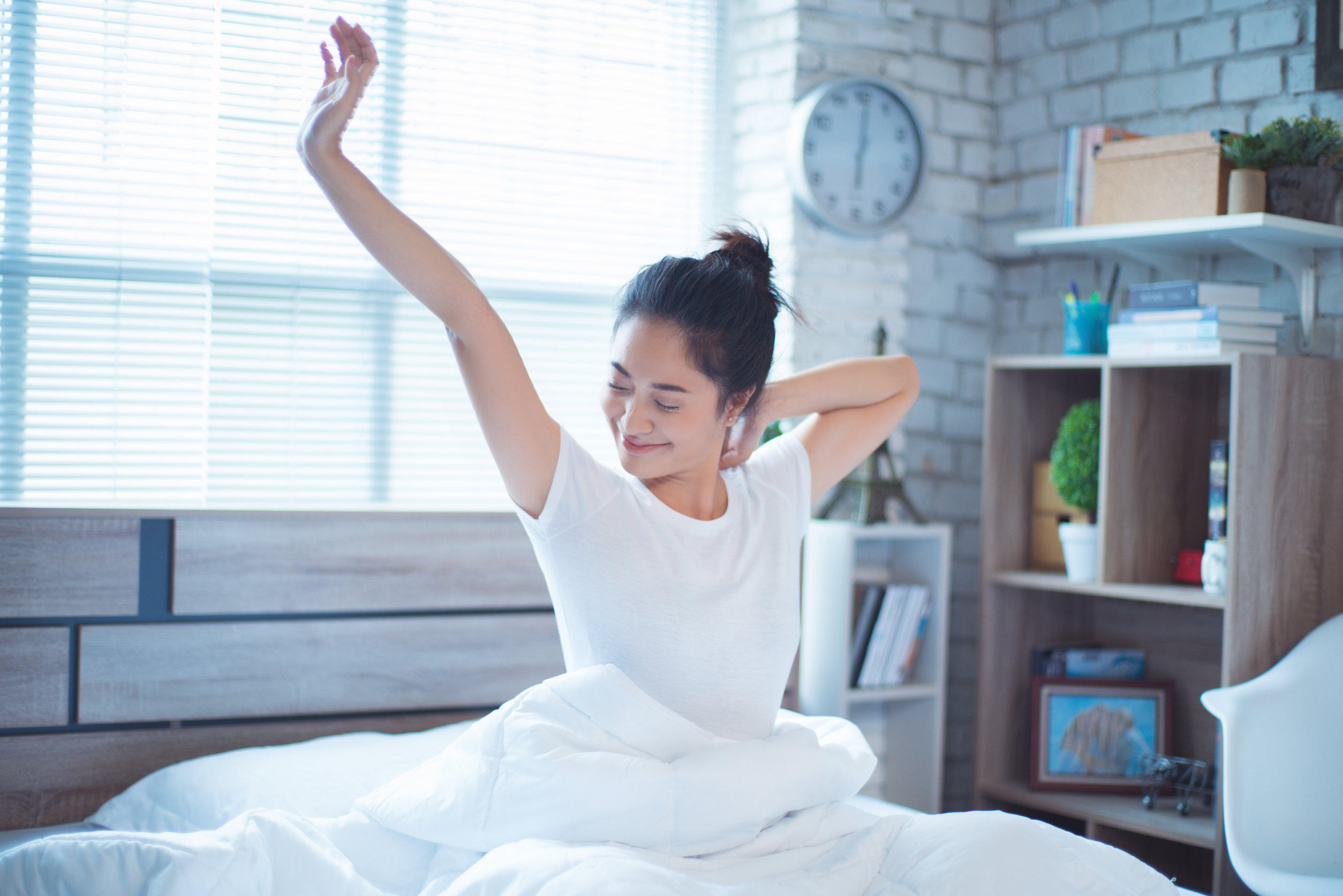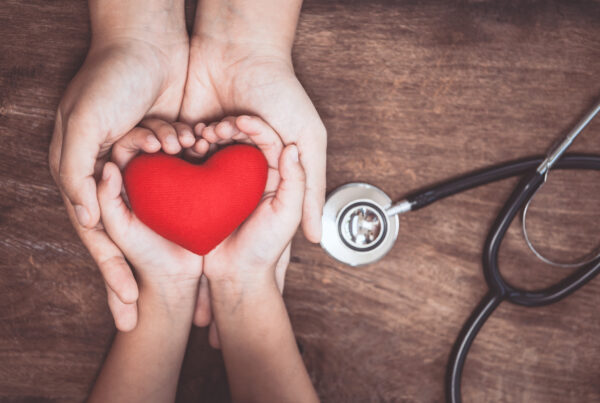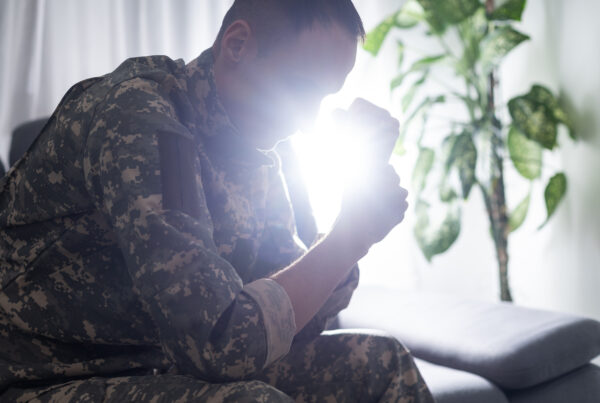”Question: Why does Turkey make me tired and what other foods might make me sleepy this Thanksgiving?
Reading Time: 5 Minutes
MWi Hack:
- Learn about how tryptophan works and what actually makes you sleepy over the holiday season.
MWi Summary:
- Tryptophan can be found in high protein foods such as meats, eggs, and dairy products.
- Tryptophan in turkey likely does not make you sleepy on Thanksgiving.
- Factors that contribute to sleepiness on Thanksgiving include overeating, alcohol consumption, seasonal affective disorder, and changes in circadian rhythm.
- You can focus on portion control, reduced alcohol consumption, and regular exercise to keep your energy levels up.
Feeling sleepy after Thanksgiving dinner is common. Many people find they cannot stop yawning as they clean up dishes, while others nod off during a football game. This is often blamed on turkey since it contains tryptophan1.
Tryptophan is an essential amino acid2 used in the process of making serotonin. Serotonin is a hormone that helps balance your mood. The byproduct of the tryptophan-to-serotonin process is melatonin, a hormone that regulates sleeping and waking.
What Are Sources of Tryptophan?
Our bodies do not naturally produce tryptophan3, so we have to get it through the foods we eat. You can find tryptophan in many protein-based foods. Common sources include:
- Meats such as turkey, chicken, and fish
- Eggs
- Dairy products such as milk and cheese
- Seeds, including pumpkin, sunflower, and sesame seeds
- Legumes such as soybeans and peanuts
Does the Tryptophan in Turkey Make You Tired?
Although it may be tempting to blame the turkey, the tryptophan from this holiday dish likely doesn’t make you sleepy on its own. Rather, eating foods with tryptophan in addition to a large number of carbohydrates leads to sleepiness. Carbohydrates come from the other typical foods at the Thanksgiving table, such as breads4, potatoes, peas, corn, sugary drinks, and desserts.
Sleep can be affected by your overall nutrition and the foods you eat. If you’re looking for food to make you feel sleepy, turkey probably should not be your first choice. However, there are a number of other foods that help you sleep.
If the turkey is not to blame, then what makes you tired during the holidays? Other customs, foods and beverages, and seasonal responses may contribute to your sleepiness.
Overeating
A holiday food table is often packed with tasty dishes. While additional helpings of pumpkin pie may taste delicious, eating too much food can make you sleepy. Research shows that high-carbohydrate, high-fat meals5 lead to post-meal sleepiness, with peak fatigue happening an hour to an hour and a half after you finish eating.
Carbohydrate-based, high-glycemic-index meals also cause you to fall asleep faster6. The glycemic index7 measures how quickly food increases your blood sugar. High-glycemic foods, such as potatoes and sugar, cause your blood sugar to rise quickly. Higher blood sugar encourages the body to produce insulin, which makes it easier for tryptophan to travel in the bloodstream to your brain.
Alcohol Consumption
During the holiday season, you may consume more alcohol than usual. Alcohol consumption affects sleep in several ways. Because alcohol slows down the brain8 and depresses your nervous system, after a few drinks you’ll likely feel sleepy. Alcohol can make you fall asleep faster than normal9 and sleep heavier during the first portion of the night.
However, alcohol can disrupt your sleep during the second half of the night. You might wake up during the night several times after drinking. Insomnia at night then impacts your alertness during the day. You may experience excessive daytime sleepiness, which can make it difficult to concentrate or stay awake.
You might be tempted to turn to caffeine to help you feel more alert, but it’s best to do so in moderation. Consuming too much caffeine can also cause insomnia10.
Seasonal Affective Disorder
With fewer sunlight hours in the autumn and winter, you might find your mood and habits changing. Less sunlight can disrupt your circadian rhythm11, which then affects your sleep cycle. As many as 3% of people experience seasonal affective disorder, a form of depression with typical onset in the fall and winter. Other symptoms include low energy, decreased enjoyment of activities, increased sleep, and increased cravings for carbohydrates.
Circadian Rhythm
Most people have a 24-hour circadian rhythm that influences when they sleep. In this rhythm, you have two peak times for sleepiness12. The first is in the middle of the night when you sleep the deepest. The second peak of sleepiness is about 12 hours later. For many people, this sleepy time falls in the hours after lunchtime. If you have your big holiday meal in the early afternoon, you may feel naturally sleepy shortly afterward.
How Do I Avoid Feeling Sleepy During the Holidays?
If you want to avoid feeling sleepy during the holidays, there are several steps you can take:
- Get Enough Sleep: Holiday gatherings may disrupt your routine, but it’s important to keep your sleep schedule as consistent as possible. Most adults need between seven and nine hours of sleep13 each night.
- Eat Smaller Portions: Smaller portions and foods lower in carbohydrates can help reduce your feelings of sleepiness.
- Reduce Alcohol Consumption: Especially in people who do not frequently drink, low amounts of alcohol reduce the time it takes for them to fall asleep.
- Exercise Regularly: Regular exercise helps you maintain overall health and well-being and is recommended for healthy sleep14. However, it is best to avoid exercise two to three hours prior to bedtime.
- Create a Healthy Sleep Environment: Make your sleep environment dark, cool, and quiet, and avoid light from electronics in the hours before bedtime.
With attention to food habits and sleep hygiene, you can enjoy the festivities of the holiday season and avoid nodding off too early.
MWi would like to thank Sarah Shoen for her expert insights that we were able to share with our community. To read the original article go to:






